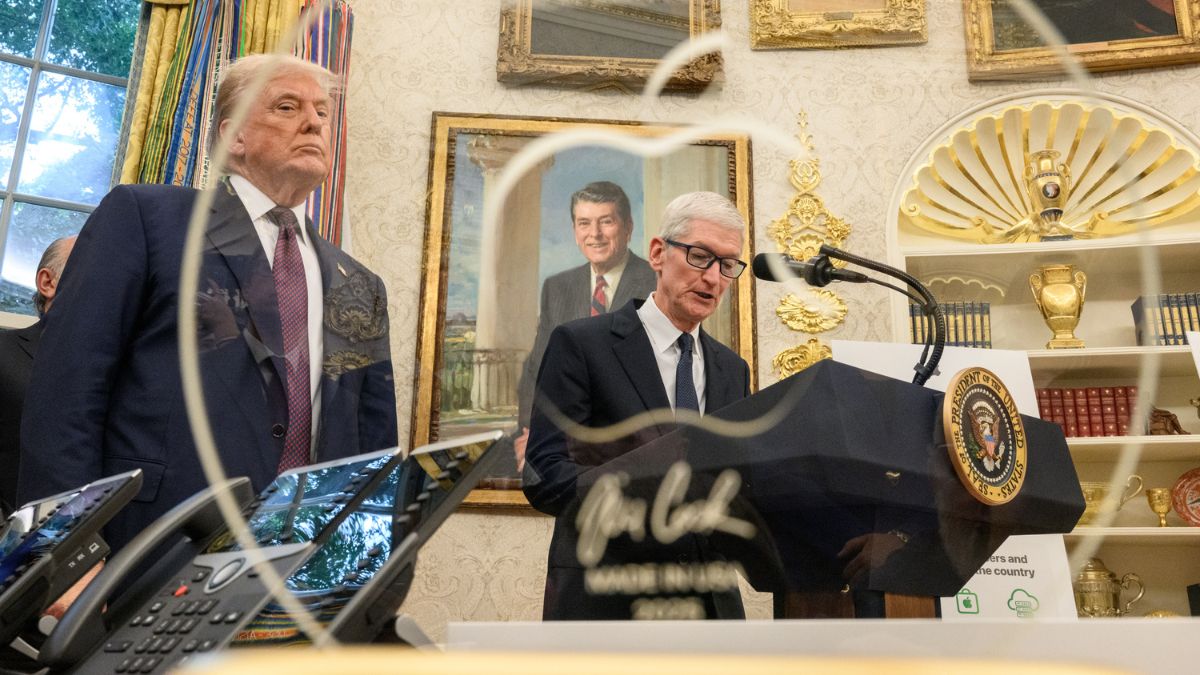
The latest Statista dossier on advertising consumption and perception in the United States reveals a key fact brands can’t ignore: one in five American consumers (21%) has chosen to boycott a company due to its political or social stance. This figure reflects the growing importance of values in purchasing decisions and also poses strategic challenges for marketing, advertising, and commercials in a polarized environment.
READ ALSO. Why is Coca-Cola so popular in Mexico? What happened with the boycott?
What is the relationship between politics and consumption?
The report shows that although the percentage of consumers who believe brands should take a stand on political and social issues has dropped—from 48% in 2022 to 38% in 2024—the relevance of social awareness remains high: 74% of respondents state that this aspect is important when making a purchase decision.
This means that while fewer people expect explicit corporate activism, many still value companies’ commitment to social and environmental causes and are willing to act accordingly, whether by rewarding or punishing a brand.
READ ALSO. Why there’s a boycott against Walmart? What we know
What social issues do consumers support the most?
According to Statista, the causes generating the most affinity are:
- Climate change (54%)
- Mental health (53%)
- Diversity, equity, and inclusion (DEI) (53%)
These areas represent relatively safe ground for brands seeking to communicate social commitment, as they enjoy majority support among the population. However, more polarizing topics—such as explicit stances on political figures or government policies—can lead to boycotts or strong media backlash.
Why has boycotting become a consumer pressure tool?
Boycotting is a direct response to the power that social media has given consumers. Platforms such as Twitter/X, Instagram, and TikTok allow claims to be amplified and mass rejection actions to be coordinated, affecting not only a brand’s reputation but also its sales.
Statista’s dossier confirms that consumers are no longer limited to voicing disagreement; they use their purchasing decisions as a political or ethical statement, forcing marketers to consider not just the message but also the potential social repercussions.
How should brands adapt to this scenario?
Brands operating in such a sensitive context must carefully evaluate when and how to speak out on political or social issues. Some recommendations based on Statista’s data include:
- Internal and external coherence: issuing a statement is not enough; a company’s internal actions must support any public stance.
- Choose causes with broad support: focus on topics such as sustainability, mental health, or DEI, which generate more consensus.
- Active listening: monitor social conversations and detect shifts in public perception before launching campaigns or ads tied to social causes.
- Message segmentation: tailor content to the target audience, avoiding generalizations that could alienate certain groups.
The intersection of politics, values, and consumption demands a rethinking of creative and media strategies. Ads addressing social issues must be built with sensitivity, authenticity, and data supporting the choice of cause.
Can a political stance strengthen brand loyalty?
Yes, but with nuances. A clear position on a social issue can strengthen the relationship with a specific segment of the audience, as long as there is real alignment between the company’s values and those of its customers. However, the same action can alienate other consumers, as Statista’s boycott data shows.
The challenge for brands is to decide whether the benefit of securing one group outweighs the risk of losing another.









